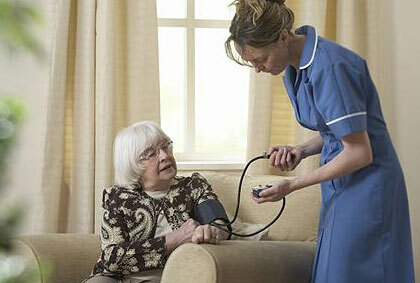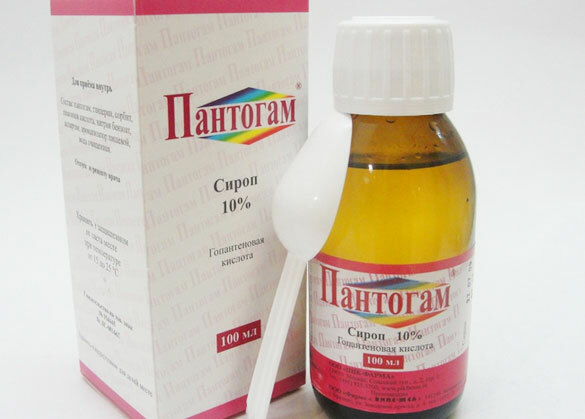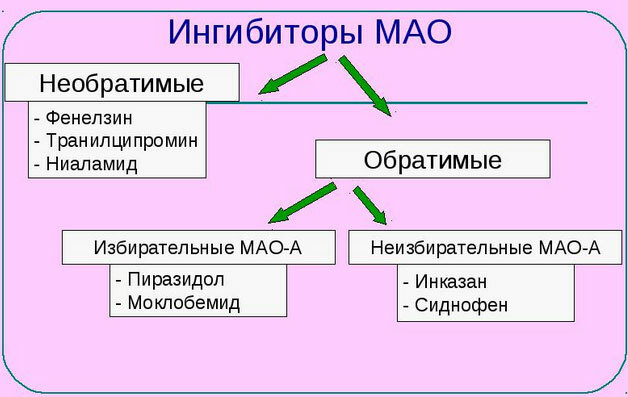But the percentage of patients remains high enough. Even often you can hear the words of an oncologist about the impossibility of further treatment.
The patient receives an ordinary certificate on his hands that in the future he recommends only symptomatic therapy aimed at eliminating the most serious consequences of the disease:
- pain;
- edema;
- shortness of breath;
- of psychoemotional disorders;
- disorders of the gastrointestinal tract.
From clinical experience it can be seen that correctly conducted symptomatic treatment can prolong life for several years.
Today, often the main problems and troubles fall on the shoulders of relatives and close patients. They face a lot of questions, the answers to which may not always be found.
One of the most common questions: is contagious? In medical practice, there were no cases of transmission of the disease from an oncological patient. Nevertheless, the suffering person is carefully isolated from children and grandchildren, fearing an illusory, but still terrible disease.
How to care for an oncological patient
A patient should be surrounded by care and attention, patience and mercy, at least from the relatives of the patient. This becomes especially important especially in the development of disturbances in the psycho-emotional background. Anxiety and anxiety can easily be transmitted to the patient, and a benevolent attitude in combination with drug therapy helps to remove the negative manifestations of the disease and even improve the overall physical condition.
The greatest suffering from the disease causes constant pain, increasing by night. The necessary therapeutic tactics can be developed only by a doctor. He prescribes pain medications, if necessary, increases their dose or appoints other drugs.
Often, patients suffer from a lack of appetite, which can lead to exhaustion and weakened body.
It is necessary to monitor compliance with the diet, to feed the patient in small portions several times a day. Before eating it is good to give a bit of bitter tincture of wormwood( 7-10 drops), diluted in water( half a cup).The brewing broth and vitamins have a supporting and strengthening effect.
Dysfunctions may be accompanied by constipation and diarrhea. Food for diarrhea should be high-calorie.
Meat to be cooked and crushed:
- souffle;
- knots;
- cutlets.
You can drink juices:
- chokeberry;
- cranberries;
- blueberries.
You can not use juices:
- peaches;
- grapes;
- of apples;
- draining.
If these recommendations are ineffective, you should go to the doctor for help in adjusting the menu.
If an oncological patient starts frequent constipation, he is recommended to eat foods that are high in fiber.
Cleansing enemas can be used with plant solutions( eg chamomile), vegetable or salt laxatives, vaseline suppositories.
It is extremely important to protect the patient from infectious, viral diseases that can aggravate the course of the disease and lead to death. In this case, it becomes clear why it is necessary to carefully monitor ulcers on the mucous membranes and pressure sores, because they are an open entrance for penetrating the weakened organism of pathogens of dangerous diseases. Pressure sores and ulcers can be treated:
- with hydrogen peroxide solution( 3%);
- light pink solution of potassium permanganate;
- apply dressings treated in a solution of boric acid( 2%).
Purulent wounds and ulcers create a heavy atmosphere in the patient's room with an unpleasant odor, so do not forget to ventilate the room several times a day.
The floor or window sill should be wiped with a damp cloth, treated in chloramine solution( 1-2%).
Learn to correctly rearrange the bed and change the patient, giving him a minimum of inconveniences.
Caring for cancer patients requires increased attention when taking medication: do not leave medications at the bedside of the patient, especially drugs and potent painkillers. Try to give medicines to the patient.
The most important thing is the struggle for every minute of life of an oncological patient, constant attention to his words and thoughts.
 Oncology, like all medicine, does not stand still, but makes significant progress in the diagnosis and treatment of diseases.
Oncology, like all medicine, does not stand still, but makes significant progress in the diagnosis and treatment of diseases.



